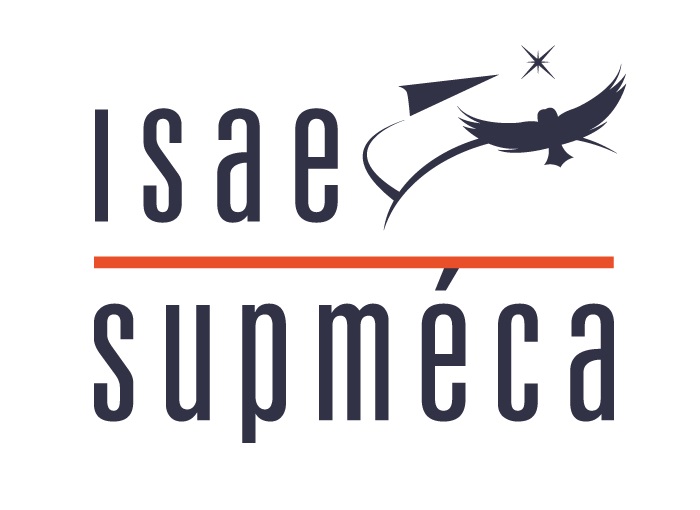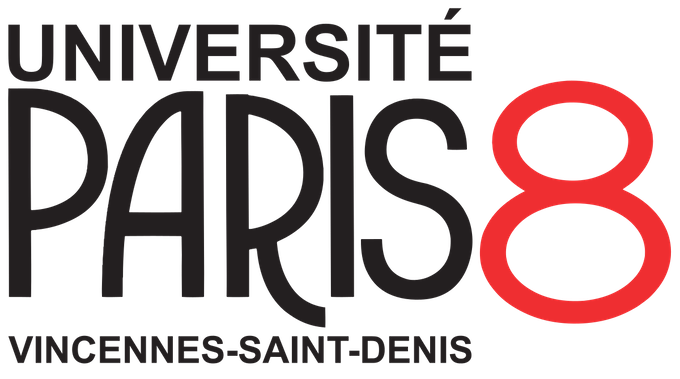Sid-Ali ADDOUCHE (Paris8/IUT de Montreuil), Roberta COSTA AFFONSO (Isae-SUPMECA), El Mouloudi DAFAOUI (Paris8/IUT de Montreuil), Abderrahman EL MHAMEDI (Paris8/IUT de Montreuil), Sami HAMACI (ECAM-EPMI), Yasmina HANI (Paris8/IUT de Montreuil), Karim LABADI (ECAM-EPMI), Lyes KERMAD (Paris8/IUT de Montreuil), Patrice LECLAIRE (Isae-SUPMECA), Marc ZOLGHADRI (Isae-SUPMECA),
ENGINEERING OF GOODS AND SERVICES PRODUCTION SYSTEMS
This subtopic covers research in the areas of supply chains and goods production systems. Its purpose is to control, reconfigure and improve performances.
- Supply chains
The objective of these works is to develop decision-aid tools and methods to improve performances and reorganise supply chains by taking account of environmental and societal performances. These works have been the subject of several PhD theses already defended or in progress and cover several aspects of supply chains, according to the domain :
- Pharmaceutical sector : the aim of the PhD thesis of Mrs EL MOKRINI (2018), jointly supervised with the Mohammedia Engineering School of Rabat, was to redesign the supply chain of pharmaceutical products in the Moroccan public sector. The different configurations of the chain were designed and evaluated in collaboration with the Moroccan Ministry of Health. In this study, multicriteria decision-aid and fuzzy logic methods were used to help decision-makers choose the best configuration for the chain.
- The agri-food sector : The purpose of the PhD thesis of Hatem ELLEUCH (2018) was to control the vulnerability of the supply chain in the agri-food sector. The PhD thesis of Emna TURKI focused on the same sector, and dealt with the problem of multi-depot and multi-vehicle localisation-routing at two levels, with stock management in the case of the company GIPA.
- Urban logistics : we also mention the research currently being carried out in the framework of the TOUBKAL project (Campus France) to localise and manage urban distribution centres (case of the Casablanca city). These works are the subject of PhD theses by Youssef MELLIANI and Maha BENANI in progress.
- Drone delivery (TROUDI 2019) : dimensioning a databank for the delivery of parcels and its maintenance in operational condition.
The reconfiguration of supply chains essentially involves their production systems, their information systems and their trade processes. The latter play a crucial role in ensuring a reconfigurable chain. We propose an approach based on a quality procedure by introducing the improvements required to successfully reconfigure the trade processes. The objective of our works is to propose a decision-aid tool to ensure a selective change to optimise the performance of a supply chain reconfiguration project. From this viewpoint, the scientific limitations are linked to the change management and measuring the performances of sociotechnical systems. The industrial limitations are :
- Adaptation to fluctuating markets, the aptitude to react to and anticipate hazards.
- Controlling flows and trade processes.
- Three PhD these are ongoing :
- Slim ZIDI : "Contribution to the reconfiguration of supply chains : case of trade processes of the extended company"
- Jésus KOMBAYA : "Contribution to modelling and managing configurations of reconfigurable production systems"
- Hana EYADI : "Contribution to designing sustainable urban logistics : a decision-aid tool for goods transport"
- Managing and configuring production systems
(Construction ongoing)
- Maintenance in operation condition
- Performance indicators
- Industry 4.0



